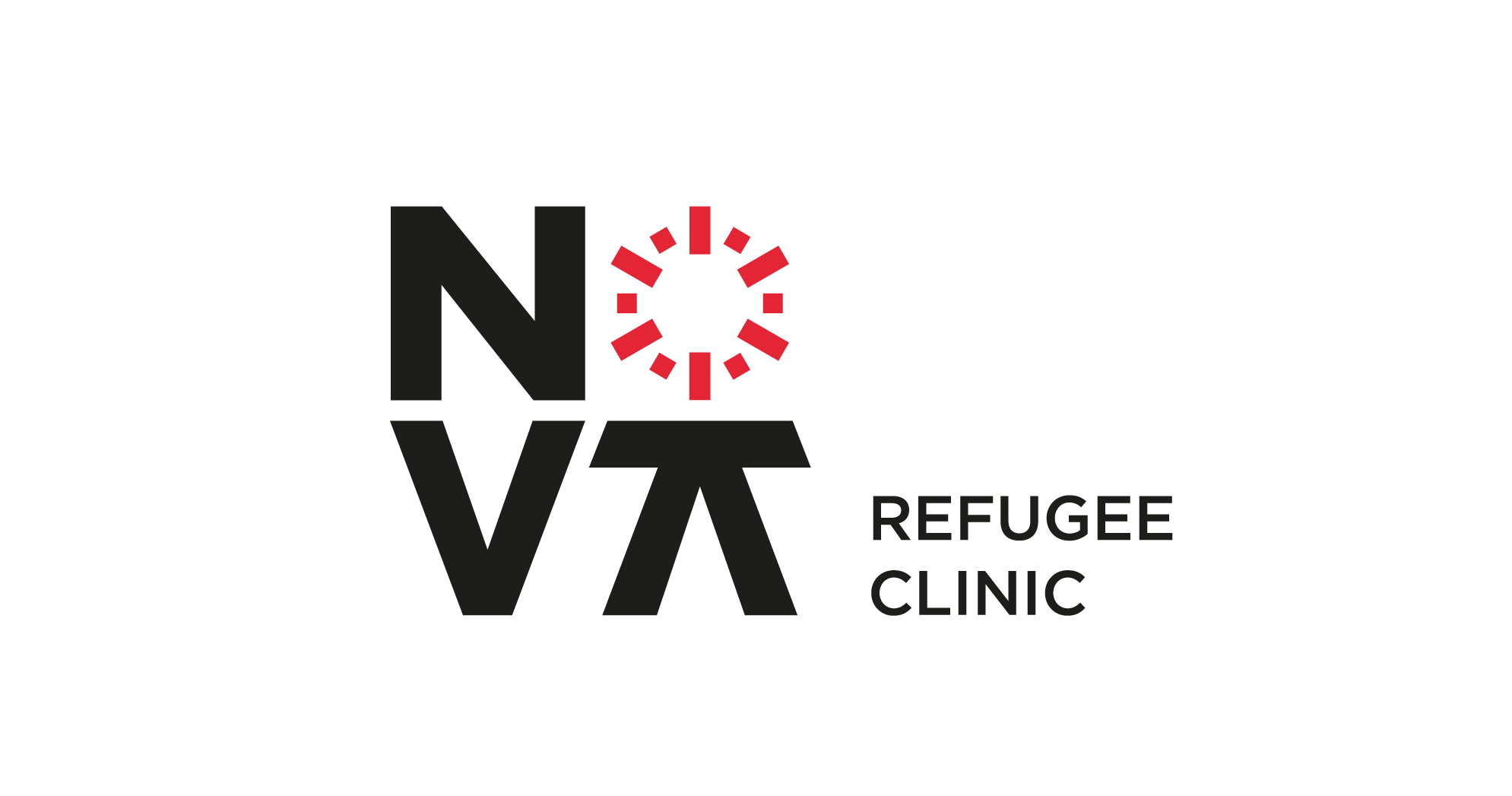A perseguição de pessoas com base na sua orientação sexual tem merecido uma crescente atenção dos organismos internacionais. No entanto, alguns Estados tem tido uma abordagem que pode não observar as especificidades de um pedido de asilo desta natureza. Partindo de notícias que reportam ao indeferimento de pedidos de asilo no Reino Unido, esta reflexão procura olhar para a complexidade destes pedidos de asilo, cruzando-os com as boas práticas internacionais.
Tânia Azevedo[1] We might think that being stateless is a concept that does not have much space in our present. However, unfortunately, this is far from the truth, generating several ethical issues as well as violations, against the spirit of the Universal Declaration of Human Rights. All children should be entitled to a nationality[2]. Furthermore, the right to nationality is
O direito de livre circulação e permanência tem uma rigorosa proteção dentro do direito europeu, fundamentado no artigo 21.º, n.º 1, do Tratado sobre o Funcionamento da União Europeia (TFUE). Entretanto, no âmbito do direito derivado, a Diretiva 2004/38/CE estabelece que apenas por razões de ordem pública ou segurança pública pode um Estado-Membro decidir o afastamento do seu território de um cidadão da União, designadamente mediante a aplicação de uma pena de expulsão. Em todo o caso, estando aquelas razões vazadas em conceitos indeterminados, esta circunstância normativa permite aos Estados-Membros uma significativa margem de discricionariedade na imposição da sobredita pena acessória.
Abstract: The present post attempts to discuss Case C-238/19, relating to the interpretation and application of Articles 9 and 10 of Directive 2011/95/EU. Beginning with a brief analysis of the relevant facts and the findings of the Court, it aims to clarify the extension of the connection between Article 9(2)(e) and Article 12(2), concerning the refusal to perform military service due to potential breaches of International Humanitarian Law.
Ana Carolina Pereira[1] Resumo Os refugiados e requerentes de asilo são, frequentemente, confrontados com várias barreiras legais, financeiras, culturais e linguísticas no processo de integração na sociedade portuguesa. Neste pequeno estudo, procuraremos não só identificar estes obstáculos, como iremos tecer algumas considerações acerca do modo como estes comprometem a inserção destes indivíduos no mercado de trabalho e na sociedade. Neste
The present post attempts to discuss the fundamental right to asylum as enshrined in the Portuguese Constitution, aiming to identify which exact asylum grounds it entails and what is the extent of the protection it actually offers. Beginning with a brief analysis of Art. 33, its ratio and historical foundations, it is argued that a literal and therefore narrow interpretation could lead to insufficient constitutional protection of asylum seekers in Portugal. This brief analysis aims to overcome the restrictive conception of the right to asylum that results from the written constitutional law, by reviewing key judicial decisions and doctrine, claiming that a broader interpretation of the asylum protection in the Portuguese Constitution could lead to an enhancement of the protection of aliens in Portugal.
The 1951 Refugee Convention (hereafter “The
Convention”) sets down the definition and the legal context of those seeking asylum
under a lawful framework that protects every foreigner who fits into the
definition of a “Refugee”.
However, the exhaustive list of Article 1 does not provide any category that can cover women’s needs in terms of their reproductive rights and their inability to enjoy them. A grant for asylum should be, in the end, about the protection of those who fear persecution for exercising their rights; therefore, not being able to voluntarily interrupt its pregnancy or having the possibility of growing its family is against one’s right to self-determination and yet, it is still one of the major factors for oppression in multiple countries in the World.
Considering that reproductive rights are human rights, this paper aims to find any gap in the definition of a “Refugee” according to Article 1 of The Convention, that, effectively, inhibits women of obtaining the fair protection they deserve, and consequently, final remarks about a narrow definition will be reflected upon for the purposes of this analyses.
Não há grandes informações sobre o envolvimento de Refugiados ou Requerentes de Asilo nos chamados “correios de droga”, conduta inserida no crime de tráfico de droga, apesar de surgirem casos como o dos Rohingya, em que traficantes de droga se aproveitam da condição fragilizada destas pessoas para levá-las a transportar estupefacientes como forma de escape às suas miseráveis condições de origem. Não há qualquer regime jurídico específico de proteção penal dos mesmos, sendo este artigo uma tentativa de entender quais as hipóteses de proteção que o ordenamento jurídico português oferece aos refugiados e requerentes de asilo, nesta situação.
According to Eurostat data, Portugal has the 5th lowest birth rate in the European Union. The national population, however, has increased which, as deaths exceed births, has been sustained by resorting to immigration levels.
This article’s main focus will be the analysis of the impacts of migration on the future of the Portuguese economy, with special focus on the concept of replacement migration”.
The link between the migratory phenomenon and its influence on the cultural, economic and social development of the destination countries is poorly debated today, although its importance is increasingly noticeable. Mobility is an inherent characteristic to all of us and the contribution of migrants in destination countries is undeniable.




![The interpretation of article 9 of Directive 2011/95/EU: Evasion of Military Service in Case C-238/19 [EZ v. Germany]](https://novarefugeelegalclinic.novalaw.unl.pt/wp-content/uploads/2021/03/war-2.bmp)





